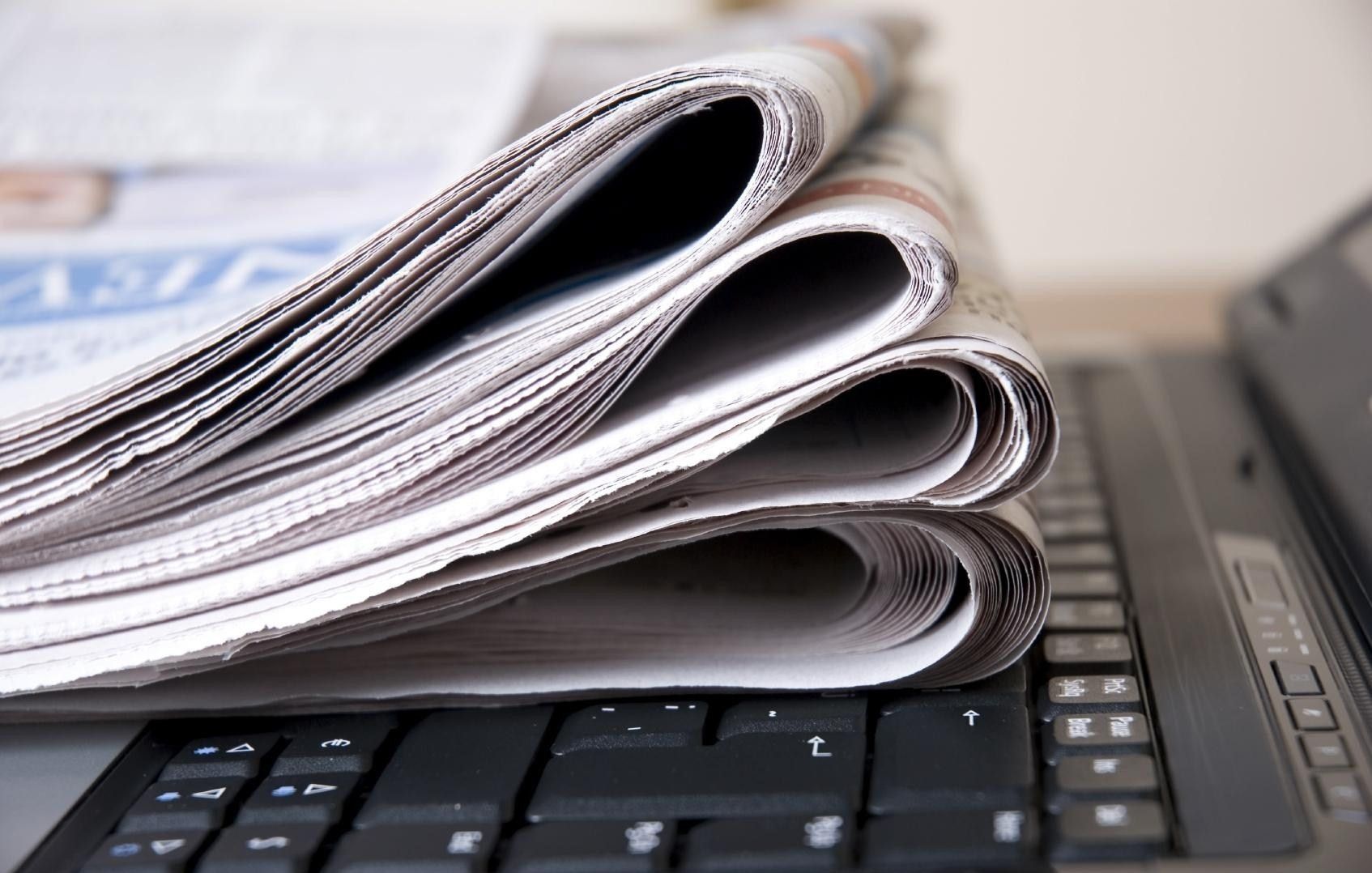
Week's balance: President defends economic achievements, NBU keeps key rate unchanged, while hryvnia stops its fall
President of Ukraine Volodymyr Zelensky in his annual address to the Verkhovna Rada said that the Ukrainian economy has withstood the blow of the pandemic and will be able to emerge stronger from crisis, the National Bank has kept the key rate at 6%, and the hryvnia has stopped falling – these are the main economic developments of the outgoing week.
A few days before the important local elections, President Volodymyr Zelensky decided to deliver an annual address to parliament, devoting most of his speech to the coronavirus pandemic and how the country is going through this difficult period.
The head of state said that the domestic economy, thanks to the reforms carried out in recent years, suffered from crisis to a lesser extent than many European states did.
"We passed the first stage, and passed it with minimal losses. Yes, there is a projected decline in the economy and GDP, but it has affected all countries. And compared to many European countries, our decline is not as significant," Zelensky said.
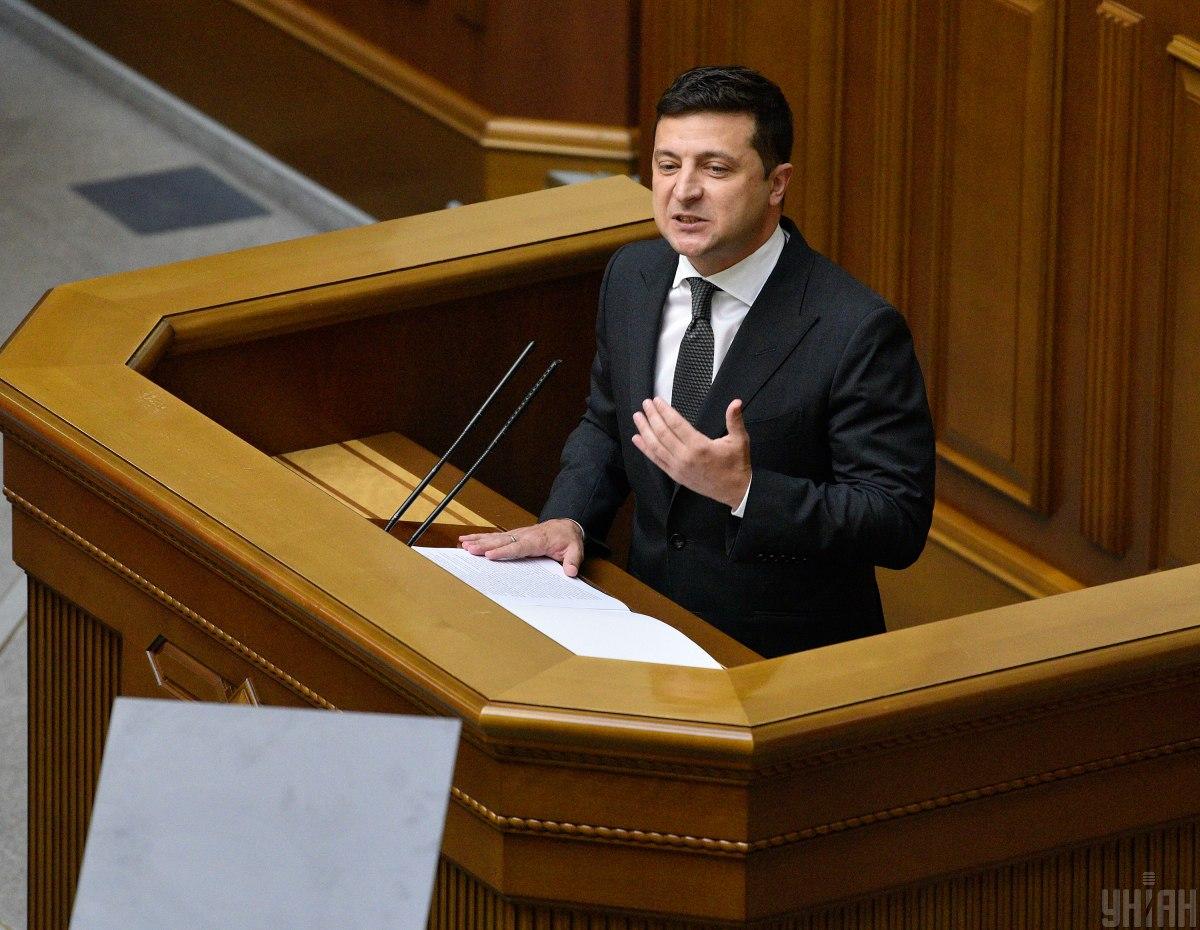
The president believes that Ukraine can emerge from the crisis economically stronger, which will require joint efforts of the government and parliament. Among the priorities is reducing the share of the state in the economy, as well as developing public-private partnerships.
“All crises pass, this one will, too, and we will get out of it stronger. We tried to figure out what was wrong. What has gone wrong in managing the economy over the years, and how to fix it? The government has conducted a full-fledged audit of the state and will present its results within two weeks ... But it is already clear today that there is a lot of work ahead, and the priorities are clear. It is necessary to reduce the share of the government in the economy, to develop public-private partnerships. Our financial resource is limited, we cannot satisfy everyone, but we must help those who help others," Zelensky said.
The president instructed the cabinet to present the development strategy until 2030 simultaneously with the audit results.
Exit Capital Tax and Zero Declaration; let's finish these endless discussions on this topic. It's time to put an end to the issue, and I am ready to do it. I instruct the government to take these and other directions into account. And most importantly, Ukraine needs a full-fledged development strategy not for 2-3-5 years; it is enough to measure Ukraine's development by political cadences. We need a clear vision: where and why our economy should move until 2030," the president said from the Verkhovna Rada rostrum.
National Bank retains key rate
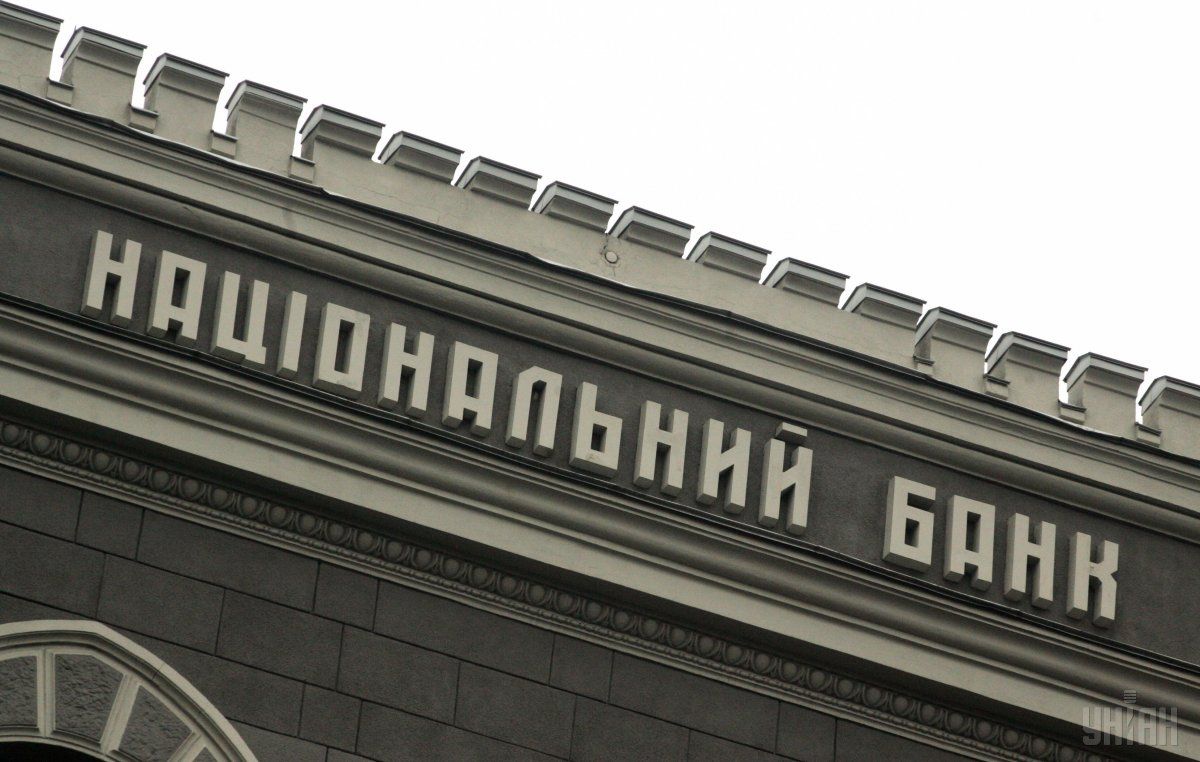
This week, the National Bank kept its key rate at 6% – for the third time in a row.
As noted in the NBU, the key risk for macro-financial stability, as before, is the long term and deepening of the coronavirus pandemic, as well as the strengthening of quarantine measures.
Other risks also remain relevant: the negative impact of court rulings on macro-financial stability; a possible escalation of the military conflict in the east of the country or its borders; increased volatility in world food prices, given global climate change, and the risk of increased protectionism worldwide.
At the same time, the NBU stressed: if the revival of domestic demand and business activity turns out to be unstable due to the expansion of the pandemic, the National Bank will be able to support the economy by further reducing the key rate.
At the same time, the National Bank is ready to raise the key rate in 2021 in case of increased inflationary pressure.
The National Bank also upheld its forecast for Ukraine's gross domestic product, according to which the Ukrainian economy in 2020 will contract by 6%, before returning to growth at about 4% in the following years.
It is noted that private consumption will remain the main driver of GDP growth in 2021-2022. According to the regulator, economic growth will be supported by fiscal stimuli, soft monetary policy, and recovery in external demand. An important prerequisite for such a scenario is the non-imposition of strict lockdown restrictions in Ukraine and around the world.
Hryvnia suspends its fall
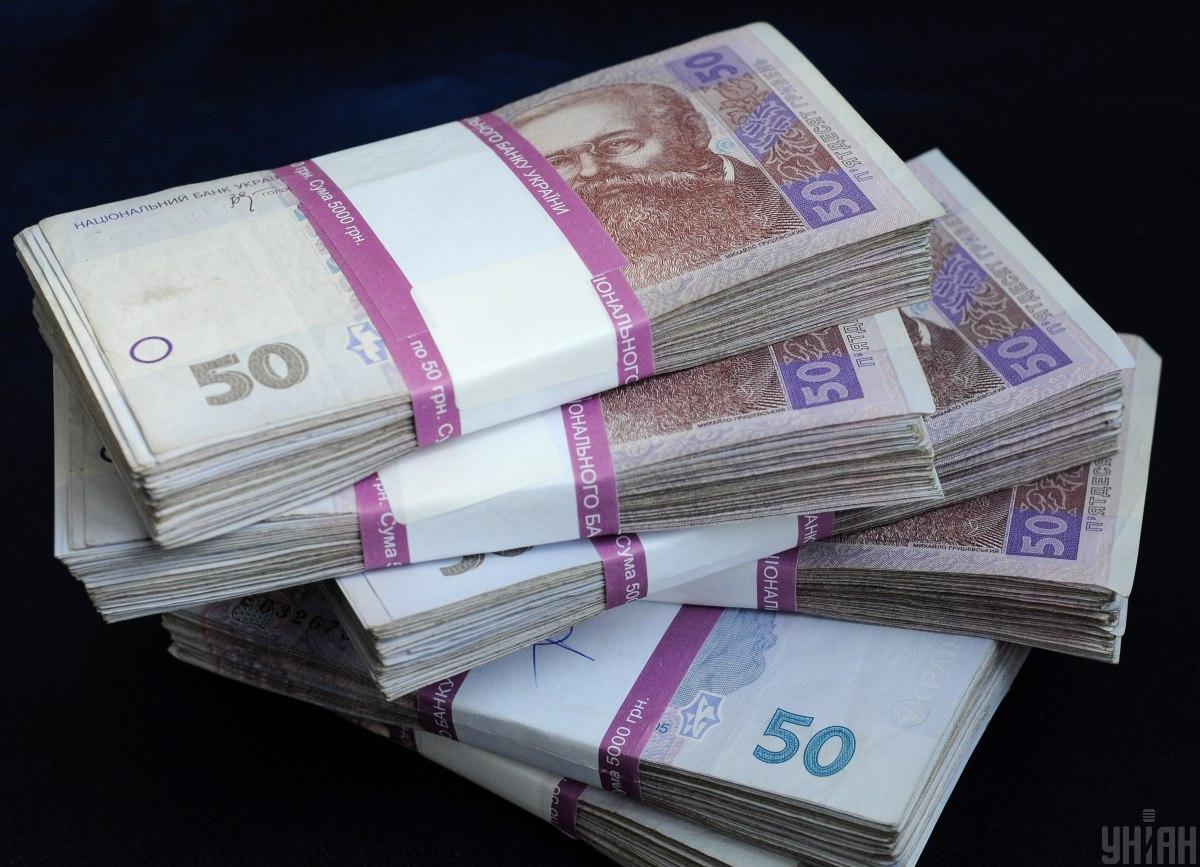
In the outgoing week, the attention of many Ukrainians was focused on the hryvnia exchange rate, which strengthened somewhat after a protracted fall.
So, from October 19 to October 23, the NBU official rate strengthened from UAH 28.37 to UAH 28.26 per dollar. During the same period, the exchange rate on the interbank foreign exchange market increased from UAH 28.4 to UAH 28.3 to the dollar.
In Kyiv exchange offices on Friday, the national currency strengthened to UAH 28.4 per dollar against UAH 28.45 as of October 19.
According to the NBU representatives, the situation on the Ukrainian foreign exchange market in October balanced out, and the participation of the central bank was minimal.
"Our priority is to maintain a floating exchange rate, despite the fact that there was an insignificant weakening of the hryvnia, we ensure moderate inflation, which, unlike the exchange rate, is a key target for the NBU," said Deputy Head of the NBU Yuriy Heletiy.
According to him, the regulator does not oppose market trends, only smoothing out excessive hryvnia fluctuations both towards devaluation and revaluation.
"For example, in August, when foreign currency supply exceeded demand, the National Bank, for its part, did not oppose the strengthening of the hryvnia, and, if possible, bought out foreign currency," the deputy head of the NBU stressed.
He added that in September, when the opposite trend took over and the demand for foreign currency increased, the National Bank did not take measures aimed at countering the market trend for the hryvnia weakening, instead smoothing fluctuations through interventions – by selling foreign currency.
Slower decline in industrial production
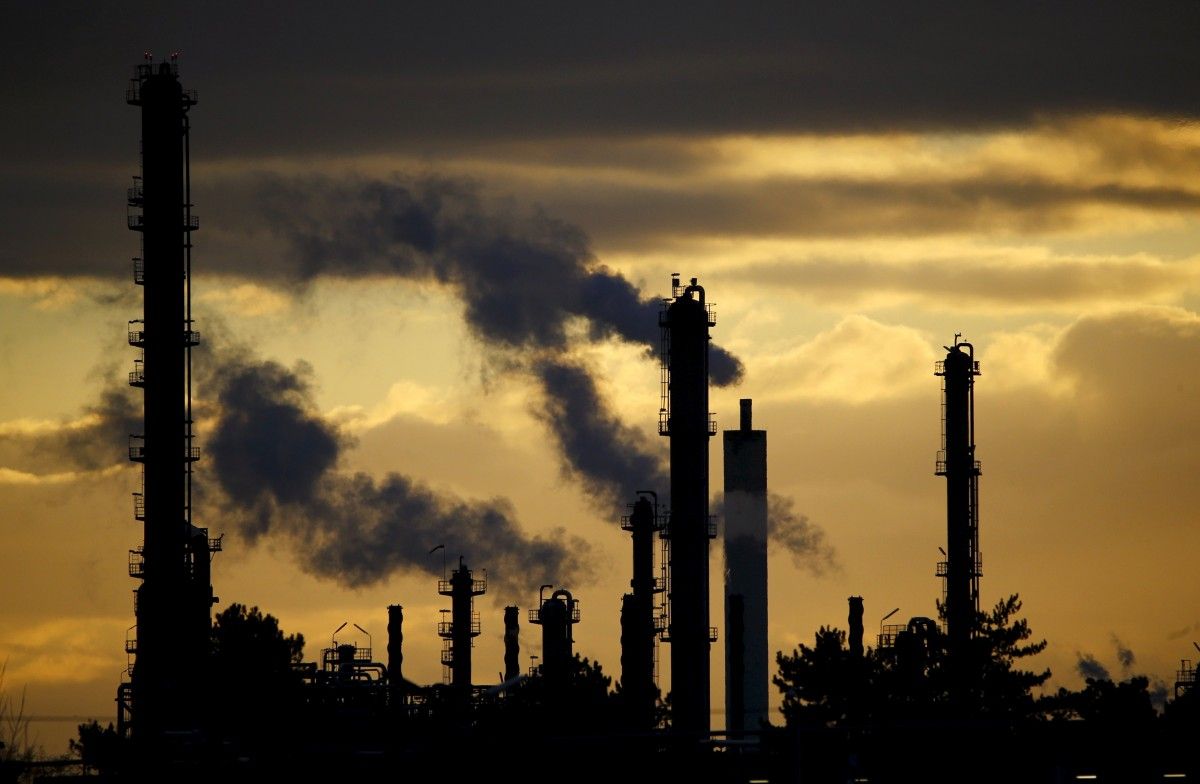
Last week, the State Statistics Service released fresh data on industrial output, which fell 4.4% in September year-on-year. In August the drop stood at 5.3%.
Compared to the previous month, industrial production in September decreased by 1.1%, excluding adjustments for the calendar days effect, and increased by 4.5% with such adjustment.
Despite some positive signals, the negative trend that began last year continues. If tougher quarantine bans are introduced, industrial decline will further accelerate, which will make unrealistic the government's forecast of a rapid economic recovery in 2021-2022.
In the context of the main activities in the extractive industry and quarrying, in September of this year, the drop in production was 2.9% on year, as well as 5.8% in the processing industry.
In the context of the main industrial groups, the drop in intermediate consumption goods production amounted to 1.4%, in investment goods – to 19.5%, and in consumer goods of short-term use – to 5.8%.
The last week of October promises to be no less rich in political and economic news. The country will follow closely the latest corona updates, as well as find out the results of local elections, on which the development of regions and the country as a whole in the coming years will directly depend. In many regions, utility companies are expected to plug in central heating, and on overnight Sunday, Ukraine will switch to winter time.
Ihor Orel

